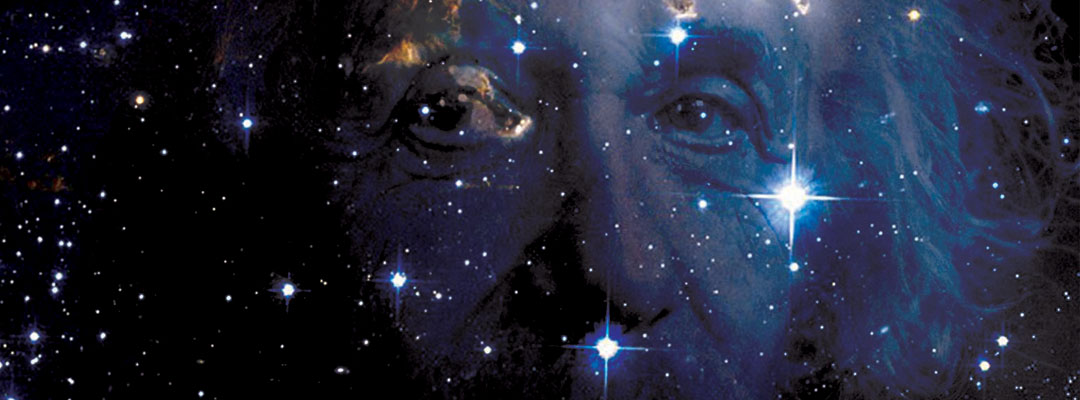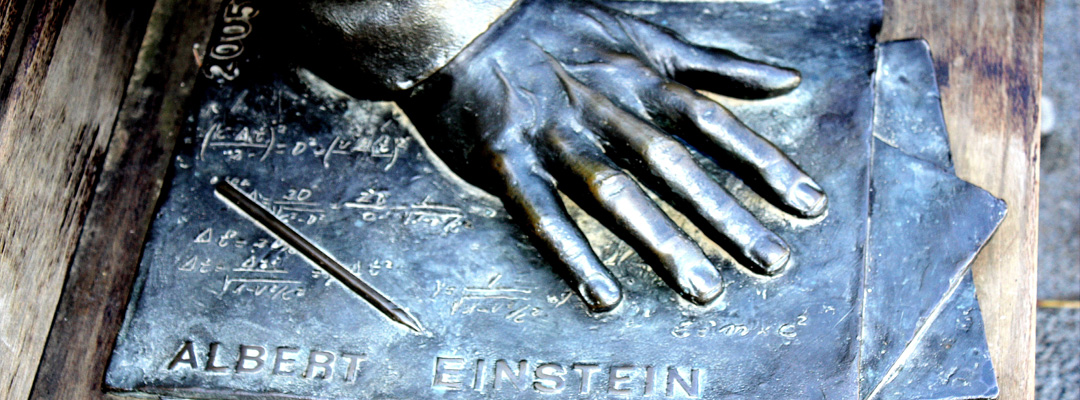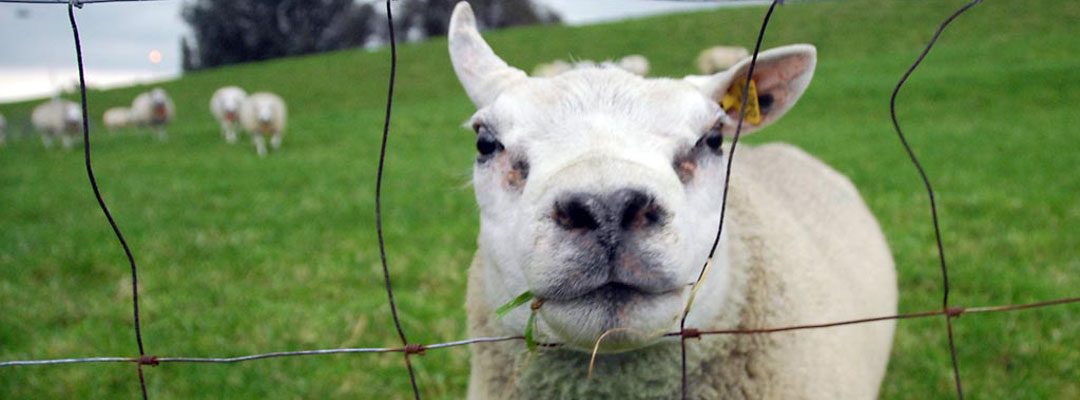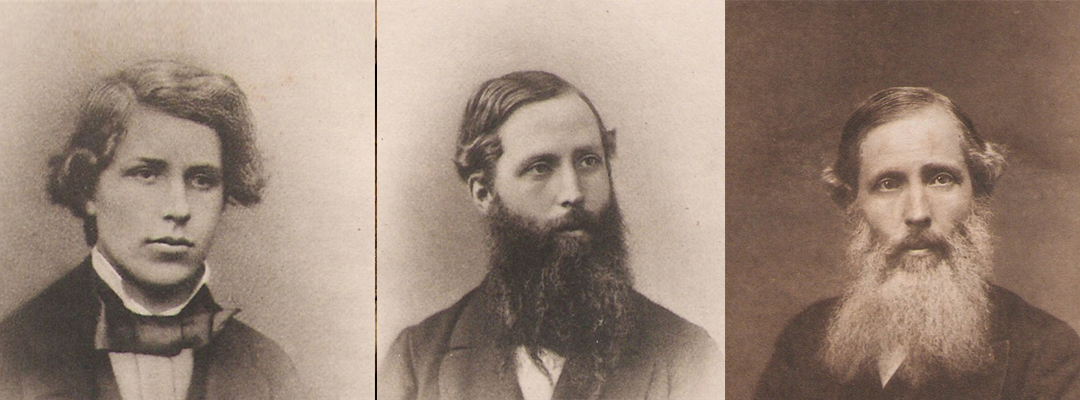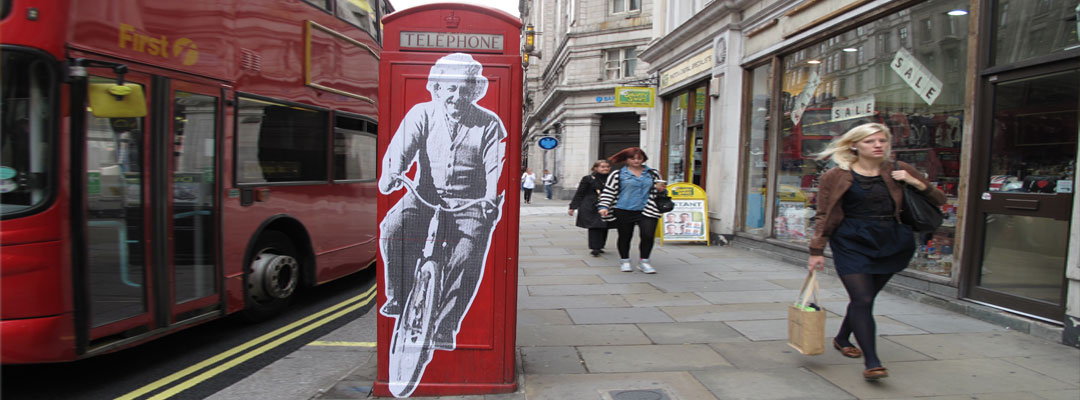Ioannis Votsis: Debunking the Instrument Conspiracy
ABSTRACT Observations made through instruments that cannot also be made with our unaided sensory organs lack epistemic credibility, claim the constructive empiricists. One well-known challenge to this view draws attention to the fact that distinct types of instruments have been known to yield the same or at least highly similar observational outputs. The implication, of [...]
Peter Achinstein: Who Needs Proof? James Clerk Maxwell on Scientific Method
ABSTRACT Isaac Newton famously claimed that hypotheses, i.e., unproved propositions, have no place in “experimental philosophy.” Maxwell disagreed and proposed three methods that can legitmately be employed when a scientist lacks proof for a theory, or even a theory to be proved. What are these methods, and are they legitimate? SPEAKER PROFILE Peter Achinstein specializes [...]
Peter Achinstein: What is a Theory of Everything and Why Should We Want One?
Room 1145 - Stevenson Hall Stevenson Hall, Room 1145, London, Ontario, CanadaABSTRACT Scientists and philosophers who seek, or advocate seeking, a “theory of everything” (e.g., string theory, Thomas Nagel’s panpsychic theory, David Chalmers’ “construction of the world”) want to produce a grand, unifying theory that can explain everything on the basis of fundamental laws and constituents of the universe. Advocates of this idea offer very general [...]
Sarah Hannan: Why Parental Interests Cannot Justify Unlimited Procreation
Room 1145 - Stevenson Hall Stevenson Hall, Room 1145, London, Ontario, CanadaABSTRACT Many people believe that procreation is permissible in light of the powerful interest would-be parents have in rearing children. This paper challenges that assumption, and progresses in three sections. First, I argue that childhood is bad for children in many significant ways. Second, I suggest that the badness of childhood poses a challenge for [...]
Robert DiSalle: Gravity, Geometry, and Philosophy: 100 Years in Einstein’s Universe
Wolf Performance Hall - Central Library 251 Dundas St, London, Ontario, CanadaOne hundred years ago, in November 1915, Albert Einstein achieved his long-sought theory of gravitation: the General Theory of Relativity. In developing the General Theory, Einstein brought together ideas from philosophy, mathematics, and physics, to create a remarkable new conception of gravity, space, and time. His work is a model of the engagement between philosophy [...]
Elisabeth Lloyd: Robustness as a Confirmatory Virtue
ABSTRACT Both climate scientists and philosophers have been working hard to understand how the huge multidimensional global climate models can be tested and confirmed. The convergence of multiple climate models on a single outcome or result has provided a key feature in these discussions. Philosophers of science tend to think that such convergence, or “robustness,” [...]
Elisabeth Lloyd: The Orgasm Wars
ABSTRACT There has been a fierce battle occurring among people who explain the evolution of human female orgasm, about its evolutionary origins and nature. The core issue is that the female orgasm presents an evolutionary puzzle. Unlike the male orgasm, female orgasm is not associated with any increase in fertility or reproductive success. Several types [...]
Pierre Jacob: What is So Special About Human Social Cognition?
ABSTRACT I will argue for a three-tiered answer to the question. (1) Only humans are able to track the contents of others’ false beliefs. (2) Only humans are able to engage in ostensive cooperative communicative actions. Since I assume that not all, but much, of the answer to the question is likely to come from [...]
Helen Longino: Perspectives and Pluralities
Room 1145 - Stevenson Hall Stevenson Hall, Room 1145, London, Ontario, CanadaABSTRACT This lecture will explore how the same phenomenon assumes different forms from different research perspectives and consequences of this for our understanding of scientific knowledge. SPEAKER PROFILE Helen Longino’s teaching and research interests are in philosophy of science, social epistemology, and feminist philosophy. She is the author of The Fate of Knowledge (Princeton University [...]
Helen Longino: Individuals or Populations: How Scale Matters
Dr. David S.H. Chu International Student Centre International and Graduate Affairs Building, Western University, London, Ontario, CanadaThis lecture will explore the difference between studying human behavior as an individual characteristic versus studying it as a group property. SPEAKER PROFILE Helen Longino’s teaching and research interests are in philosophy of science, social epistemology, and feminist philosophy. She is the author of The Fate of Knowledge (Princeton University Press, 2002), and many articles [...]
Peter Anstey: Locke on Measurement
ABSTRACT This Rotman Lecture concerns John Locke’s practical and theoretical interest in measurement. Locke’s fascination with the measurement of weight, distance, time and monetary value is evident throughout his notebooks, journal and correspondence. It is hardly surprising, therefore, that it features in his philosophical reflections as early as Drafts A and B of the Essay [...]
Algorithms and Complexity in Mathematics, Epistemology and Science
ACMES (Algorithms and Complexity in Mathematics, Epistemology and Science) is a multidisciplinary conference that focuses on a combination of the science of reliability and uncertainty quantification with conceptual and foundational issues concerning reliability in the application of scientific theories to real phenomena. The conference integrates longer talks from six leading computational scientists and philosophers of [...]
2015 PhilMiLCog Graduate Student Conference
PhilMiLCog is a three-day graduate conference with a broad and interdisciplinary scope. The conference, now in its 13th year, is recognized as one of the top philosophy graduate conferences in North America, synthesizing research from the Philosophy of Mind, Language, and Cognitive science, including psychology, linguistics, evolution, and computer science. PhilMiLCog provides an opportunity for [...]
2015 Philosophy of Logic Math and Physics Graduate Student Conference
The fifteenth annual Philosophy of Logic, Math and Physics (LMP) Graduate Student Conference will take place June 4-5, 2015 at Western University in London, Ontario, Canada. The LMP Graduate Student Conference will bring together philosophers of logic, mathematics, and physics for two days of presentations and discussions with some of the leaders in these fields. [...]
Gravity and Geometry: Centenary Perspectives on General Relativity
2015 Annual Philosophy of Physics Conference Participants will present physical, philosophical, and historical reflections on Einstein’s theory of gravity and space-time geometry, its development over the past century, and its future prospects. The conference will include speakers: Kaća Bradonjić (Wellesley College) Carla Cederbaum (University of Tuebingen) Michael Friedman (Stanford University) Marco Giovanelli (Einstein Papers Project) [...]
Peter Singer: The Most Good You Can Do: How Effective Altruism is Changing Ideas About Living Ethically
Great Hall - Somerville House Somerville House, Western University, London, Ontario, CanadaABSTRACT Effective altruism is built upon the simple but profound idea that living a fully ethical life involves doing the "most good you can do." Such a life requires an unsentimental view of charitable giving: to be a worthy recipient of our support, an organization must be able to demonstrate that it will do more [...]
Peter Singer: Animal Liberation, Forty Years On
Great Hall - Somerville House Somerville House, Western University, London, Ontario, CanadaABSTRACT Peter Singer's Animal Liberation, often credited with starting the modern animal rights movement, was first published in September 1975. In this lecture, the author assesses how well the argument has stood up over that period, and what progress has been made towards the changes in our treatment of animals that the book advocates. SPEAKER [...]
Katarzyna de Lazai-Radek and Peter Singer: Author-Meets-Critics: The Point of View of The Universe
Room 1145 - Stevenson Hall Stevenson Hall, Room 1145, London, Ontario, CanadaEVENT DESCRIPTION "The Point of View of the Universe: Sidgwick and Contemporary Ethics" is devoted to interpreting and defending in a contemporary setting a number of the doctrines found in Henry Sidgwick’s "The Methods of Ethics". It therefore discusses a wide number of moral problems of interest to contemporary moral philosophers, including the conflict between [...]
David Chalmers: Spatial Experience and Virtual Reality
Room 100 - Physics and Astronomy Building Physics and Astronomy Building, Western University, London, Ontario, CanadaABSTRACT Do virtual reality devices such as the Oculus Rift produce the illusion of an external reality? Or do they produce non-illusory experiences of a virtual reality? I address this question by starting with an analogous question about mirrors. When one looks in a mirror, does one undergo the illusion that there is someone on [...]
Chris Smeenk: Einstein’s Path to a New Theory
Stevenson & Hunt Room A - Central Library 251 Dundas St, London, Ontario, CanadaABSTRACT In November 1915, Einstein published a new theory of gravity. This lecture recounts the “rough and winding road” Einstein took in developing his theory, which ended with a dramatic race to the finish. Einstein’s approach was philosophical, partially guided by conceptual puzzles regarding space and motion. We will consider recent critical assessments of Einstein’s [...]



